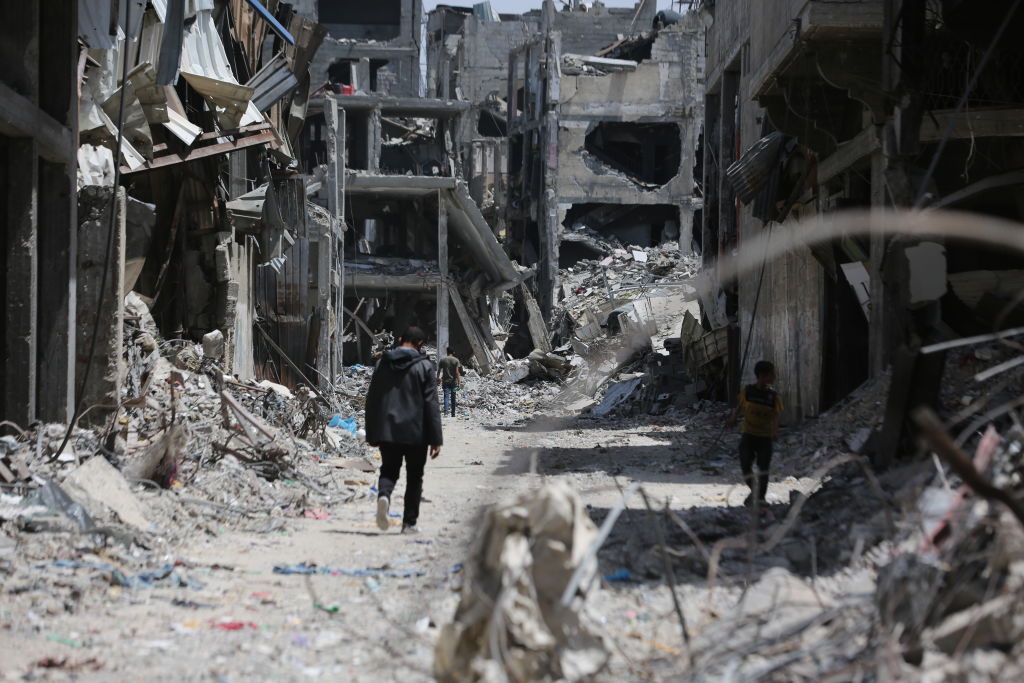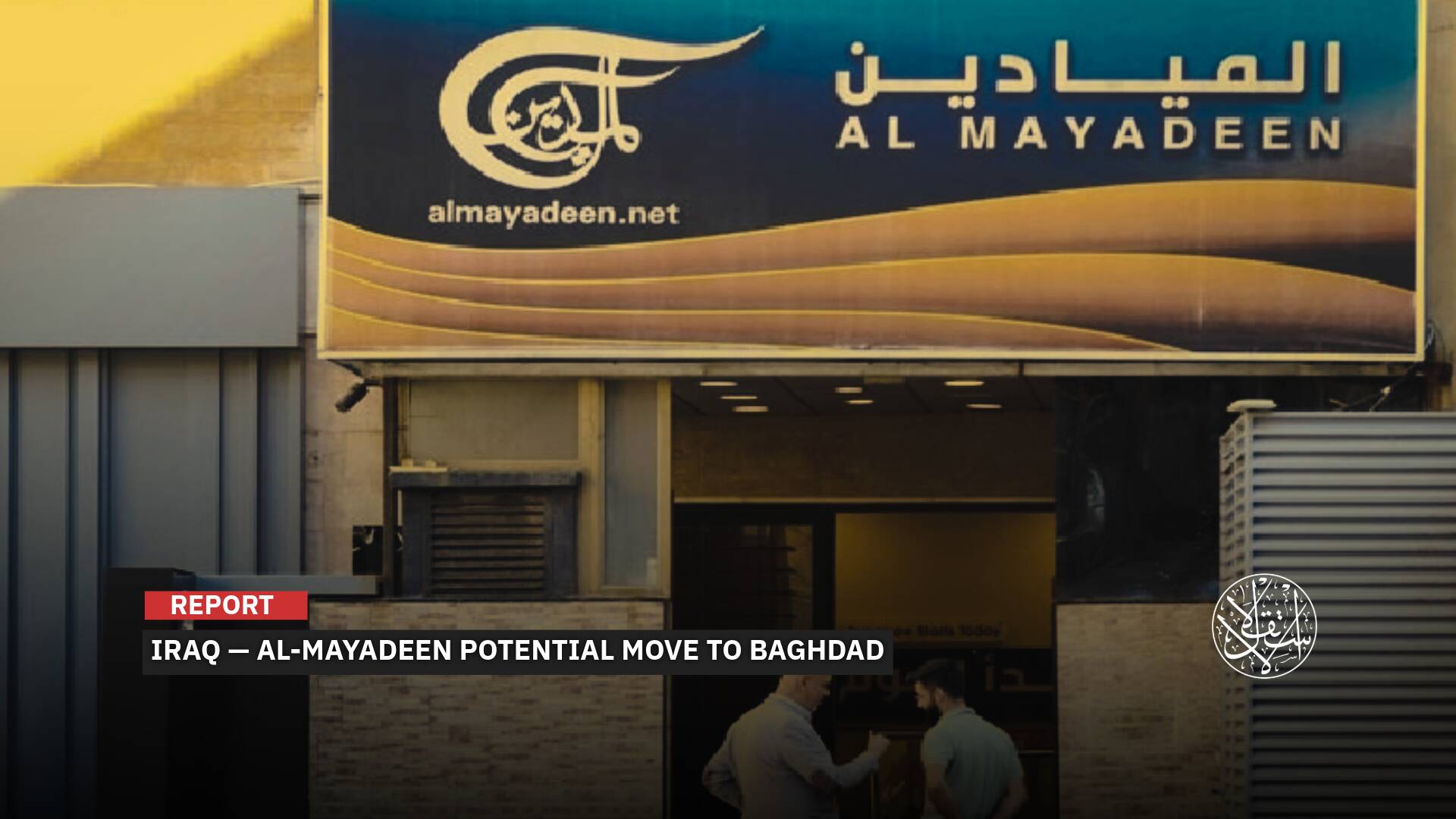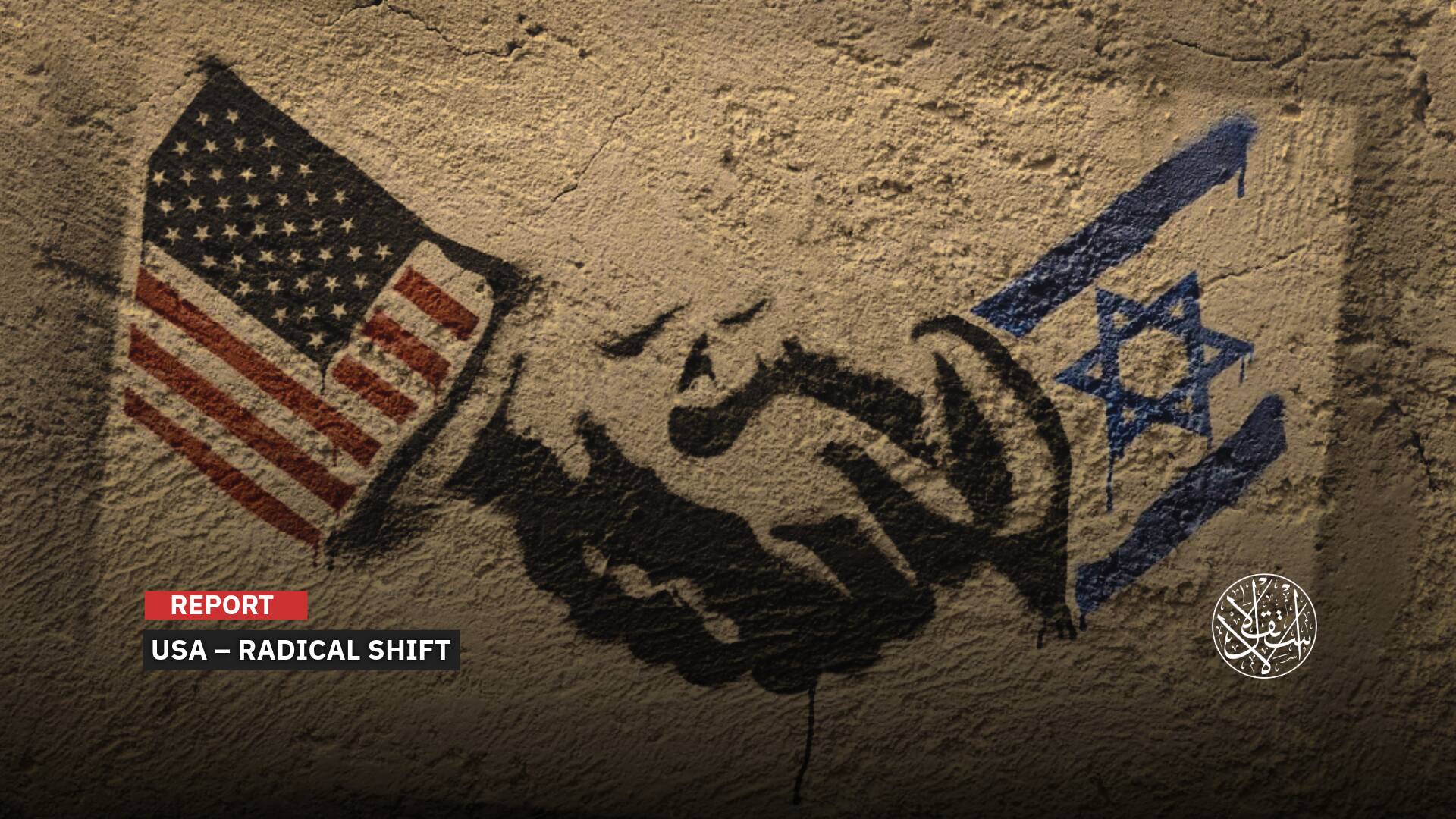Preventing and Suspending Deals: How Does ‘Israel’ Maneuver Around Ally Halts in Arms Supply?

The largest client for Israeli military supplies is India.
“Israel” is gradually feeling the pressure from Western governments to halt arms sales used by Tel Aviv in its genocidal war on the Gaza Strip.
The situation has escalated, with several countries refusing to allow their ports to receive ships carrying arms to “Israel,” a stance that obstructs the supply operations for the ongoing Israeli war against Palestinians.
In a consistent stance with the most critical European voices condemning the Israeli aggression on Gaza, Spain rejected allowing a ship carrying a shipment of arms destined for the port of Haifa to dock in a Spanish port, as confirmed by Minister of Foreign Affairs, European Union and Cooperation of Spain Jose Manuel Albares.
Spain will stop any ship carrying weapons to Israel from docking at its ports, Foreign Minister Jose Manuel Albares said on Friday.
Ministers say one such vessel, the Danish-flagged Marianne Danica, has already been stopped as Spain leads calls in Europe for a ceasefire in Gaza.
"The Middle East does not need more weapons. It needs more peace," Mr. Albares told Spanish broadcaster RTVE. "If there is a ship bound for Israel with weapons, we are not going to allow the stopover," he added.
Israeli Maneuvering
According to El Pais, a Spanish-language newspaper, the ship, flying the Danish flag, carries about 27 tons of explosives from India to Haifa in the occupied territories.
It is noteworthy that the decision of the Pedro Sanchez government came just days after some Spanish politicians urged the government to ban another ship, belonging to the German shipping company "Borkum," from entering.
The leftist partners urged the government to prevent "Borkum" from reaching the country's ports in support of Palestine, affirming that it carries weapons to “Israel.”
"Borkum" obtained government permission to stop on the coast of Cartagena, eastern Spain, on May 17, 2024, claiming that its final destination is the Czech Republic, not “Israel.”
However, the left-wing parties in Spain, Sumar, and Podemos, discovered this maneuver and requested the government to prevent its docking, stating that it was shipping weapons to “Israel.”
These developments come amid ongoing disagreement between the ruling socialists in Spain and their leftist partners over allowing ships loaded with arms to reach Israeli ports.
Nevertheless, the leftists remained concerned that the Czech Republic could be an intermediate station on the way to “Israel.”
Leader of the leftist Podemos party, Ione Belarra, said that Spain might become a "transit country" for shipments of arms to “Israel” after the attacks on ships in the Red Sea.
Spain, which halted arms sales to “Israel,” is one of the most vocal European voices condemning the continuous aggression on Gaza since October 7, 2023, which resulted in over 35,000 martyrs, in addition to massive infrastructure destruction and the displacement of about one and a half million Gazans to the south.

According to Empresa Exterior, the Spanish Exporters and Investors Club stated that trade relations between Madrid and Tel Aviv are gradually deteriorating at an accelerating rate.
Spanish exports to the Israeli Occupation decreased by 32% in January 2024 and declined by 35.6% in February of the same year compared to the previous year.
To overcome this, and with the associated blockade imposed by the Houthi group in the Red Sea, “Israel” turned to alternative routes and sources.
On February 2, 2024, news leaked that twenty Indian-made medium-altitude drones were delivered to “Israel” for use in Gaza.
Adani Group, led by India's richest, Gautam Adani, plays a central role in the Israeli arms economy.
In addition to producing drones, Adani controls Mundra, the largest port in India, located in the state of Gujarat.
Minister of Transport and Road Safety of Israel Miri Regev praised this as a means to bypass the blockade imposed by the Houthi group on the Red Sea off Yemen, by shipping goods from the port of Mundra to the Emirates and then transporting them by land to “Israel.”
Since 2017, India has been classified as a "strategic partner" involved in the production of Israeli weapons.
Chokepoints
Experts believe that the current blockade on the Red Sea could increasingly turn major shipping companies and ports into chokepoints and significant areas of influence in obstructing the arrival of weapons to “Israel.”
Among these global measures, the three main transport unions in Belgium announced in October 2023 that their members would no longer transport weapons to “Israel,” whether by land, air, or sea.
Also, dockworkers in Barcelona declared that they would refuse to load or unload any military materials destined for “Israel.”
However, the desired impact to compel “Israel” to cease its war on Gaza will require transport unions and other logistic services, especially in countries like Britain and the U.S., which provide the lion's share of them, to impose restrictions on such shipments.
This is especially true as Madrid's decision coincides with the vote by the U.S. House of Representatives, dominated by Republicans, on May 16, 2024, in favor of a law requiring President Joe Biden to end his suspension of shipping weapons to “Israel,” previously approved by the council but frozen due to fears of their use in Gaza.
This symbolic move, which has no chance of becoming law, is in response to Joe Biden's suspension of the weapons shipment, fearing mass casualties among Palestinian civilians while Israeli forces continue their attack on the densely populated city of Rafah, teeming with refugees.

Israel Security Assistance Support Act bill prohibits Joe Biden from freezing any military aid to the Israeli state approved by Congress.
This debate within the U.S. revealed the Israeli Occupation’s diversified sources of acquiring weapons.
According to an aide in the U.S. Congress, who requested anonymity, the new package of weapons earmarked for “Israel,” which requires approval before shipment, was purchased from American arms manufacturers worth around one billion dollars.
The Wall Street Journal was the first to report on the new weapons package, suggesting it may include tank ammunition worth $700 million and tactical vehicles worth $500 million.
A report by the U.S. State Department released on May 11, 2024, criticized “Israel,” stating that it used weapons in ways that do not comply with international humanitarian law.
In response to criticism of the aggression on Gaza within his Democratic Party, Joe Biden issued a memorandum in February 2024 called "MSM-20," requesting that countries receiving U.S. military aid provide credible and trustworthy assurances that they are committed to human rights laws.
Hybrid Strategy
The field facts of the aggression on Gaza revealed that “Israel” has expanded its sources of acquiring weapons in various ways, beyond those coming from the U.S., its primary military supporter, in an attempt to ensure the flow of weapons.
This was due to fundamental disagreements between the Joe Biden administration and the Israeli government over its use of weapons outside "legal rules."
In light of this, the Israeli Occupation army heavily relies on imported aircraft, guided bombs, and missiles to conduct what experts describe as one of the most intense and destructive aerial campaigns in modern history in the Gaza Strip.
However, recently, politicians from Western allies of “Israel” have turned to reviewing or suspending arms exports to the Israeli Occupation due to its failure to adequately protect the lives of civilians in Gaza and ensure the delivery of their humanitarian needs.
In mid-April 2024, the UN Human Rights Council voted to ban arms sales, with 28 countries in favor, six opposed, and 13 abstentions.
The U.S. and Germany, which together represent the vast majority of Israeli arms imports, voted against the resolution. Berlin stated that it did so because the resolution did not explicitly condemn the Islamic Resistance Movement (Hamas).
Major arms suppliers to “Israel” have focused on delivering aid to Gaza to reach Palestinians under attack with many of the weapons they sold to Tel Aviv.

Other countries' names, such as Australia, Canada, France, and Britain, were mentioned in a UN report in February 2024 as maintaining their supplies to “Israel.”
The United Nations had already warned of the legal risks of exporting weapons to Tel Aviv in its experts' report, unequivocally titled: Arms exports to Israel must stop immediately.
According to a report released in 2023 by the Stockholm International Peace Research Institute (SIPRI), which studies conflicts and weapons, 69% of Israeli weapon purchases come from U.S. companies, 30% from Germany, and 0.9% from Italy.
Other countries like the UK, Canada, and the Netherlands also supply “Israel” with crucial aircraft components, while the Israeli Occupation also imports other materials used for military purposes from various other countries.
However, in March 2024, Minister of Foreign Affairs of Canada Melanie Joly announced that Ottawa had halted arms exports to “Israel” due to the military attack on the Gaza Strip.
Similarly, Italy announced in January 2024 that it had suspended exports to Israel at the beginning of the aggression on Gaza.
Furthermore, a Dutch court ruled in February 2024 that the country must stop delivering US-owned parts for F-35 fighter jets to Israel.
A study by SIPRI published in March 2024 classified Israel as the fifteenth largest arms importer in the world, accounting for 2.1% of total imports, according to globally available data from 2019 to 2023.
The Swedish institute's study, which provides data, analysis, and recommendations on issues related to global security, indicated that Israel is the ninth largest arms exporter in the world, accounting for 2.4% of exports.
The study pointed out that not all information related to arms trade is characterized by transparency, especially on the Israeli side, and therefore some purchases and sales may be missing from the report.
The study also found that Israel is the third largest destination for German military exports, receiving 12% of exports after Ukraine (12%) and Egypt (20%).
India is Israel's largest client for military supplies, accounting for 37% of Israeli exports.
With some countries putting obstacles in the way of arms reaching Israel at the same pace as before, it is unlikely that Israel will achieve full self-sufficiency in ammunition in the near future, and it will not have the ability alone to replenish its stock at the necessary rate.
Therefore, the "Foundation for the Defense of Democracies" stated in a report published on March 14, 2024, that "to ensure Israel gets the weapons it needs in the future, it must follow a hybrid strategy that focuses on quickly acquiring major ammunition quantities from America when possible."
The report adds, "As Israel's huge defense budget is not enough to meet current requirements, Israel needs to reduce its reliance on the U.S., especially for ammunition it desperately needs for continuous battles on multiple fronts."
However, with increasing calls among Israel's critics worldwide to curb arms sales to the Israeli Occupation, recent data shows that almost all of Tel Aviv's imports come from companies in the U.S. and Germany.











